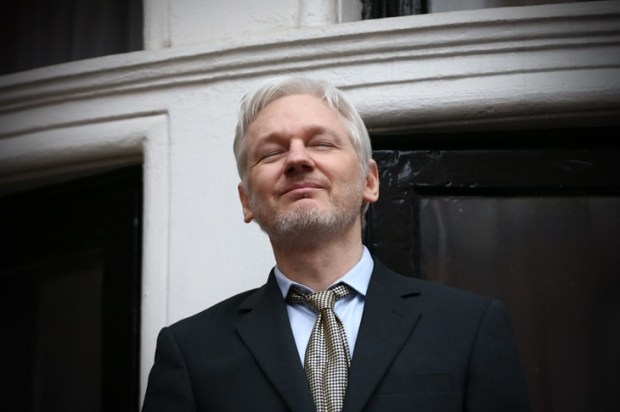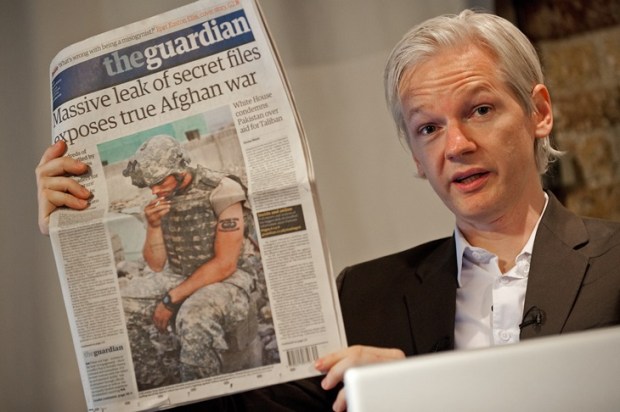With the constant deluge of pandemic-related coverage, it’s easy to forget that tobacco smoking continues to kill over 8 million people worldwide every year. Unfortunately, this hasn’t stopped shadowy taxpayer-funded bureaucrats at the World Health Organization from pursuing prohibitionist ideology at the expense of reducing harms and improving the health of the world’s smokers.
Their newly released Framework Convention on Tobacco Control (FCTC)’s 2021 virtual Conference of the Parties (COP9) agenda reveals that discussions on incorporating reduced-harm alternatives to cigarettes, such as vapes and heat-not-burn tobacco products, in public health policy will be deferred for another two years.
Already a subscriber? Log in
Subscribe for just $2 a week
Try a month of The Spectator Australia absolutely free and without commitment. Not only that but – if you choose to continue – you’ll pay just $2 a week for your first year.
- Unlimited access to spectator.com.au and app
- The weekly edition on the Spectator Australia app
- Spectator podcasts and newsletters
- Full access to spectator.co.uk


























Comments
Don't miss out
Join the conversation with other Spectator Australia readers. Subscribe to leave a comment.
SUBSCRIBEAlready a subscriber? Log in